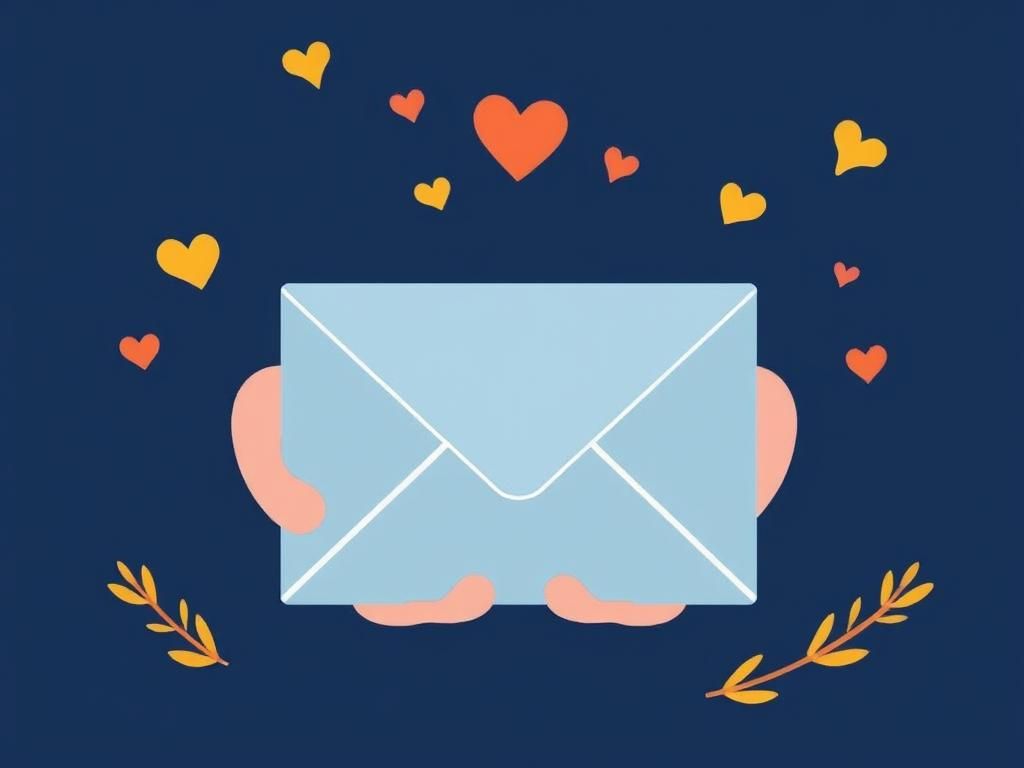Recognizing and appreciating the kindness shown by others plays a vital role in building and maintaining strong, professional relationships. When someone takes the time to congratulate you—whether it’s for a project milestone, a new job, or a personal achievement—it’s essential to express gratitude effectively. Not only does this foster goodwill, but it also serves as a testament to your character and professionalism. In this article, we will explore the intricacies of how to express gratitude for a congratulations email, why it matters, and provide you with practical tips to craft the perfect response.
Understanding the Value of Gratitude
Strengthening Relationships
One of the most critical aspects of how to express gratitude for a congratulations email is recognizing its role in strengthening relationships. A simple acknowledgment can build rapport and goodwill while encouraging ongoing positive communication. By expressing your gratitude, you send a message that you value the support given, which helps to enhance mutual respect in both professional and personal contexts.
Enhancing Personal Reputation
Expressing gratitude also contributes to enhancing your personal reputation. When you take the time to acknowledge congratulations, you showcase professionalism and integrity. This thoughtful approach reflects positively on your character, helping you to stand out in your field. Your peers and superiors will remember the courtesy you displayed, associating you with a positive impression that can resonate across various networks.
When to Express Gratitude for a Congratulations Email
Timing Considerations
Choosing the right timing to respond is crucial. A prompt response demonstrates enthusiasm and appreciation. However, if you need time to formulate a thoughtful response that articulates your feelings, taking a moment can often be worth it. Finding a balance between these two approaches is key.
Identifying Key Occasions
It’s essential to identify which moments warrant expressions of gratitude. Some key occasions may include:
– Completing a project or milestone successfully.
– Achieving a personal or professional goal, like a promotion or a degree.
– Receiving praise from colleagues, superiors, or even friends.
Each of these situations opens a window for expressing thanks and acknowledging their recognition, thereby reinforcing your professional image and relationships.
Choosing the Right Medium for Your Response
Email as a Primary Medium
In most cases, a formal email response is appropriate when expressing gratitude for a congratulations email. It allows you to maintain professionalism while also personalizing your message. When writing your email, ensure you include:
1. A clear subject line that reflects your appreciation.
2. A polite salutation addressing the sender directly.
3. A detailed and expressive body of text that conveys your feelings.
Other Communication Methods
While email is often the standard, there are other mediums for expressing gratitude, such as:
– **Handwritten notes:** These can add a personal touch that’s appreciated in both personal and professional contexts.
– **Quick responses via messaging platforms:** Sometimes, especially among coworkers, a brief message can convey your thanks just as effectively.
Choosing the right medium can enhance your message and show consideration for the individual you’re responding to.

Components of a Thoughtful Response
Acknowledging the Message
The first step in learning how to express gratitude for a congratulations email is acknowledging the message itself. Always start with a clear expression of thanks. It can look something like this: “Thank you so much for your kind words regarding my recent accomplishment.” Following this, reference the specific achievement or occasion that prompted the email.
Personalization
Personalizing your response plays a significant role in demonstrating sincerity. Use the recipient’s name in your reply, and mention specific qualities of their congratulatory message that resonated with you. For instance, “Your encouragement means a lot, especially coming from someone with your expertise.”
Sharing Your Feelings
Be open about what the recognition means to you. Share why their words were impactful, and connect this acknowledgment to your future aspirations or goals. A statement like, “Your support motivates me to continue striving for excellence” can create a lasting impression.
Offering Reciprocity
Show that you value the relationship by offering to reciprocate in some way. You could suggest opportunities for collaboration or support in the future. For example, “I’d love the opportunity to work together on our next project.”
Sample Responses
Formal Responses
In professional settings, your response should maintain a certain level of formality. Here are a few templates for various scenarios:
1. **Completing a Major Project:**
“Dear [Recipient’s Name], Thank you for your kind congratulations regarding the completion of [Project Name]. Your support throughout this journey has been invaluable, and I truly appreciate it. I look forward to our next collaboration!”
2. **Achieving a Personal Goal:**
“Dear [Name], I greatly appreciate your kind words about my recent promotion. Your mentorship has played a significant role in my career development. I hope to share more successes together in the future.”
Informal Responses
When responding to friends or family, you can adopt a more casual tone. Here are some examples:
1. “Hey [Friend’s Name], Thanks a ton for your sweet message! It means so much to me! Can’t wait to celebrate together soon!”
2. “Thank you for your congratulations on my graduation! Your support has been amazing, and I couldn’t have done it without you!”
Adding personal anecdotes can enhance these responses and further strengthen your connections.
Common Mistakes to Avoid

Being Too Brief
While it’s good to be prompt, being too brief can detract from the sincerity of your message. A simple “thanks” may come off as dismissive. Strive for a response that’s warm and engaging.
Overlooking Specifics
Failing to mention specific reasons for the congratulations can make your response feel generic. It’s crucial to reference the exact achievement or context to show that you value the message.
Neglecting Future Engagement
It’s a missed opportunity if you don’t suggest ongoing communication or ways to engage in the future. Acknowledging the need for continued interaction can enhance your professional network.
Conclusion
Recapping the importance of expressing gratitude sincerely, it becomes evident that this simple act can have profound implications on your relationships and reputation. Be mindful in your interactions, and always take a moment to appreciate the achievements of others as well.
Call to Action
Take a moment to reflect on recent congratulatory messages you have received. Draft a response using the tips outlined here, and feel free to share your responses or stories of gratitude in the comments section or on your social media platforms.
| Key Component | Description | Examples |
|---|---|---|
| Acknowledging the Message | Clear expression of thanks and reference the occasion. | “Thank you for your kind words regarding my promotion!” |
| Personalization | Use the recipient’s name and specific details. | “Your support means a lot to me, especially coming from you.” |
| Sharing Your Feelings | Express what the recognition means to you. | “Your encouragement motivates me to continue striving.” |
| Offering Reciprocity | State how you can return the favor or collaborate in the future. | “I’d love to work together on our next project!” |
Frequently Asked Questions
1. Why is it important to express gratitude for a congratulations email?
Expressing gratitude reinforces relationships and showcases your professionalism and integrity.
2. How soon should I respond to a congratulations email?
It’s best to respond promptly but prioritize crafting a thoughtful and sincere response.
3. What is the best medium to express gratitude?
Email is often the primary medium, but handwritten notes and quick messages can also be effective.
4. Should I always personalize my response?
Yes! Personalizing your response makes it more genuine and meaningful.
5. What common mistakes should I avoid?
Avoid being too brief, overlooking specifics, and neglecting future engagement opportunities.
6. Can I express gratitude informally?
Absolutely! The tone should match your relationship with the recipient, whether formal or informal.
7. How can I further cultivate a relationship after expressing gratitude?
Consider suggesting future collaborations or regular check-ins to maintain the connection.
8. Is a text message an appropriate response?
Yes, especially in informal contexts, text messages can be a quick way to express thanks.
9. Should I mention anyone else who supported me in my response?
If relevant, mentioning others shows humility and acknowledges teamwork.
10. How can gratitude impact my career?
Consistent expressions of gratitude can enhance your reputation and relationships, which are crucial for professional advancement.

